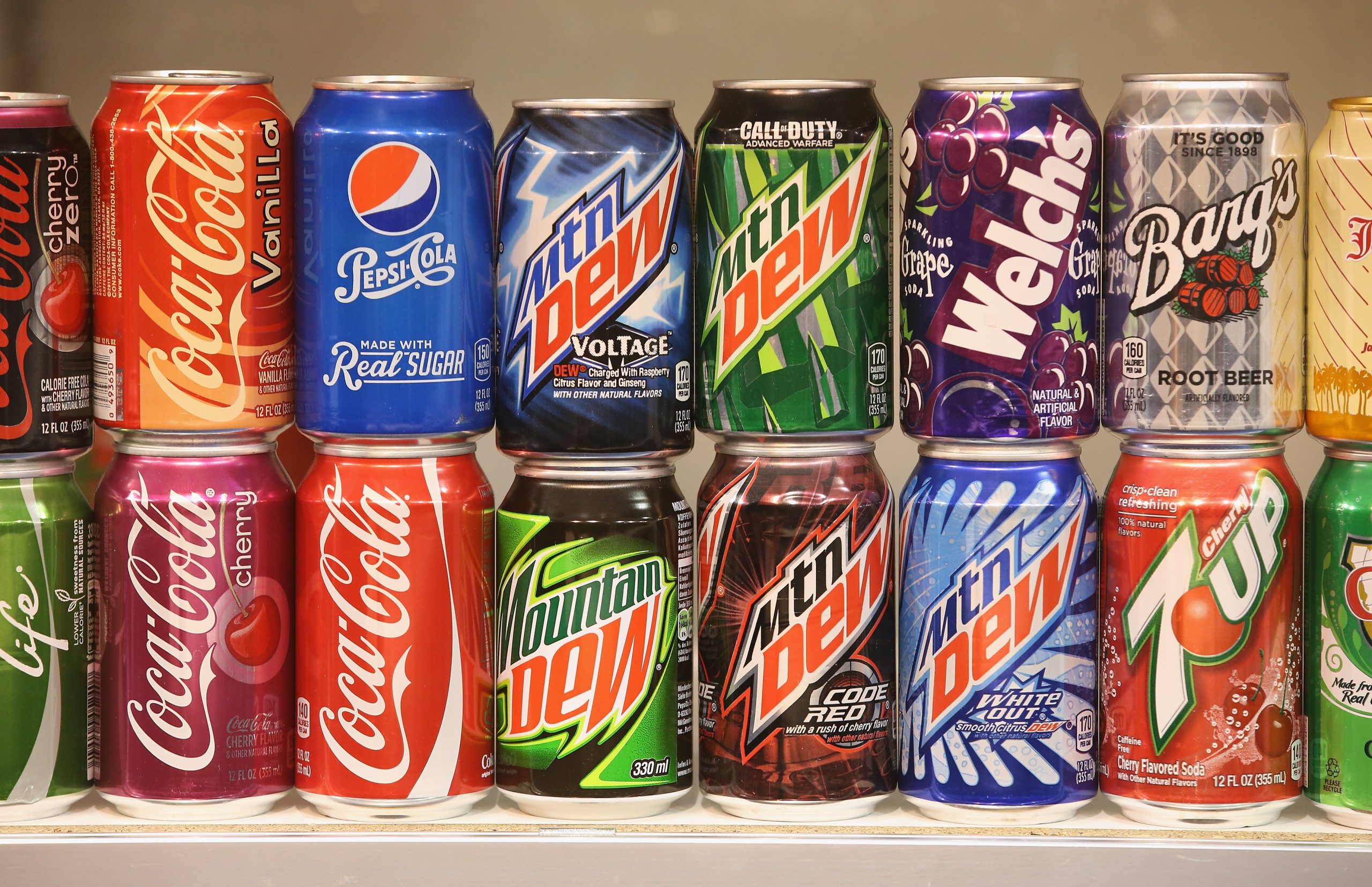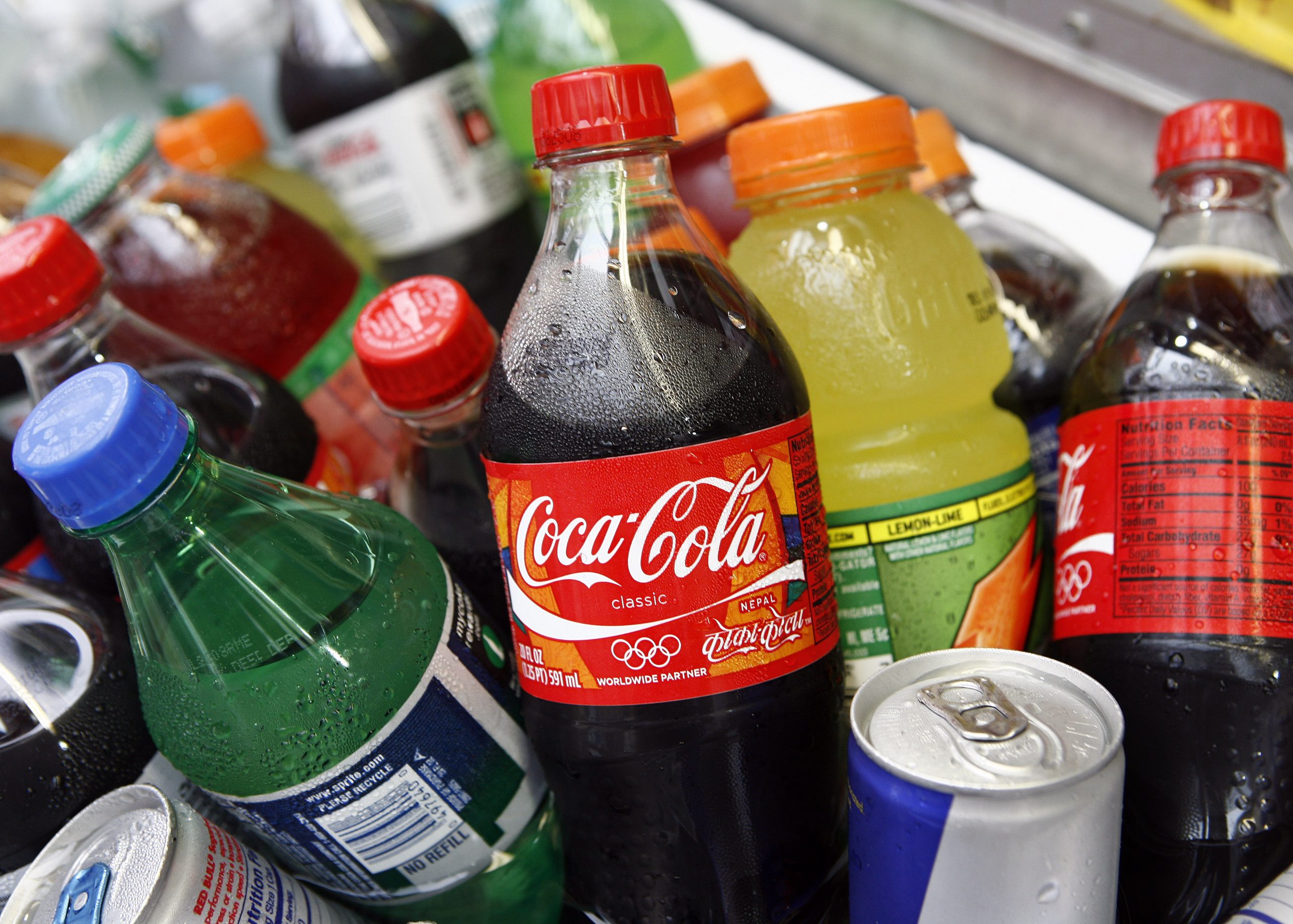The idea of imposing higher taxes on soft drinks and junk food to encourage healthy eating is a policy approach that has been discussed and implemented in various parts of the world. The aim is to influence consumer behavior by making unhealthy food and beverages more expensive, thereby discouraging consumption and promoting healthier choices.
This approach offers many prospects such as overall health impact, revenue generation, and change in public behavior. Besides making unhealthy food more expensive governments and authorities must also take prompt measures to make healthier foods more affordable and cost-effective.

They assert that the taxes imposed on soft drinks and junk food can generate revenue for governments, which can then be directed towards healthcare programs, public health awareness campaigns, or initiatives to promote healthier food options.
Aside from that, higher taxes can act as a deterrent, leading consumers to reconsider their food choices. This can lead to a positive shift in eating habits over time. Last but not least is the fact that unhealthy eating habits can result in significant healthcare costs and reduced productivity. By discouraging the consumption of unhealthy foods, governments may decrease the burden on healthcare systems and promote a healthier workforce.
Several countries around the world have implemented taxes on junk food or unhealthy beverages as a means to reduce consumption and promote healthier dietary habits. For example, Mexico implemented a tax on sugary beverages in 2014. The tax applies to non-alcoholic beverages that contain added sugars, including soft drinks and energy drinks. The tax has been credited with reducing the consumption of sugary beverages.
Moreover, the UK introduced a sugar tax in 2018. This tax applies to beverages with high levels of added sugars and is aimed at reducing childhood obesity and encouraging manufacturers to reformulate their products to lower sugar content. Hungary, too, has imposed a “junk food tax” on foods and beverages high in sugar, salt, and caffeine since 2011. The tax is intended to address public health concerns related to diet.
However, the opponents of enforcing high taxes on junk food items argue that higher taxes on certain foods disproportionately affect low-income individuals and families, who may already struggle with food affordability. This can exacerbate existing socioeconomic disparities. They believe that individuals should have the autonomy to make their own choices about what they consume.
Alongside that, there is concern that such taxes might not result in significant behavior change and may instead lead to substitutions with other unhealthy options. Additionally, black markets for such products could emerge, undermining the intended impact.
The debate around imposing higher taxes on soft drinks and junk food revolves around striking a balance between public health goals and individual autonomy, as well as considering potential economic and social impacts. Policymakers need to carefully weigh these factors and consider complementary measures, such as promoting education about healthy eating, subsidizing healthy foods, and fostering an environment that supports informed food choices.
📍 English Language Educator | Blogger & Content Strategist | 7+ Years in Educational Blogging
Nosheen Bashir is a dedicated English teacher and experienced blogger with over seven years of expertise in content creation and educational writing. Passionate about language, literature, and effective communication, she combines her teaching experience with blogging skills to create insightful, research-backed content that helps learners and educators alike.
🔹 Expertise & Achievements:
✔ English Language Education: A skilled educator with years of experience in teaching English grammar, literature, and communication skills to students of varying levels.
✔ Educational Blogging: Running a successful blog for 7+ years, delivering well-structured, engaging content on language learning, writing techniques, and academic success.
✔ SEO & Content Strategy: Specializes in creating high-ranking, authoritative articles that follow Google’s EEAT principles, ensuring content that is both informative and search-friendly.
✔ Student-Centric Approach: Committed to making English easier, engaging, and accessible, helping readers and students improve their language proficiency.
🚀 With a passion for teaching and writing, Nosheen Bashir is dedicated to crafting educational content that empowers students, teachers, and language enthusiasts worldwide.








